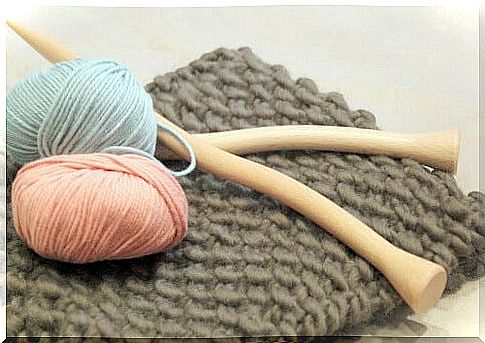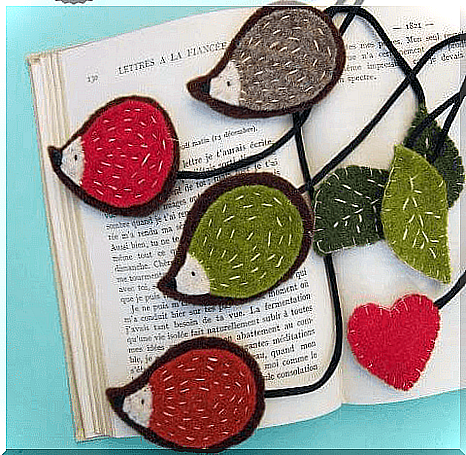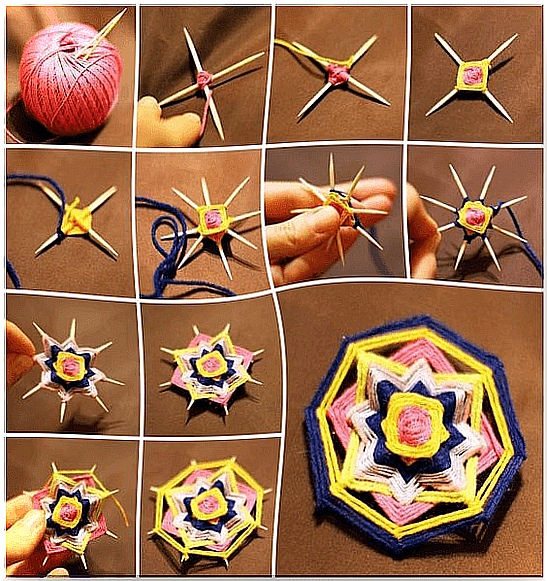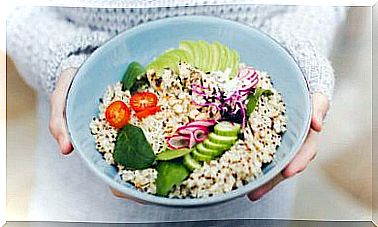Why Are Manual Activities Great For The Brain?

Manual activities are a great way to focus and forget about problems. In addition, they allow us to develop aspects such as coordination, psychomotricity and reduce stress.
We know that people generally like to do manual activities in their spare time. Especially during the holiday season, when it’s the time to exchange gifts.
There is nothing more satisfying than offering something that you have made with your own hands, as the popular saying goes. However, while this may seem surprising to you, it is scientifically proven.
First of all, by “manual activities” we refer to any physical or aesthetic activity carried out with the hands. The goal is generally personal development, creative and a moment of relaxation.
In children, manual activities contribute to integral educational development, as they promote imagination and creativity.
In addition, they improve the physical and emotional skills of the little ones by coordinating the mind, sight and hands to express themselves.
In adults and the elderly, these activities can be part of daily life if they are a hobby.
The benefits obtained are even greater.
The brain and manual activities

According to Dr. Sharon Gutman, professor of the Occupational Therapy Program at the University of Colombia (USA), activities related to neurological function can be classified into three categories:
- Those which activate the brain’s reward system (they release dopamine, which causes a feeling of well-being and pleasure).
- Those that preserve cognitive function in the elderly.
- Activities that promote the relaxation response.
Additionally, Gutman says activities like music, drawing, meditation, reading, arts and crafts, and home repairs can stimulate the nervous system.
They can also stop the effects of stress-related illnesses and the risk of developing dementia.
Likewise, it is known that participating in activities that stimulate learning processes and promote experience, strengthens and stimulates the formation of a series of neural networks in the brain.
- The results are a decrease in the effects of dementia and Alzheimer’s.
- On the other hand, it is important to point out that cognitive activities can be used to decrease stress levels.
- In conclusion, manual activities significantly influence access to a healthy life in general terms.
Fluidity and concentration

According to psychologist Mihaly Csikszentimihalyi, fluidity is the secret to happiness.
And fluidity is the phenomenon that we find when our nervous system is focused so deeply on an activity, to the point that time and what we are feeling or what is happening around us, seems to disappear.
This effect is very similar to that of meditation. It brings peace, tranquility and dispels internal chaos. Wouldn’t that be something incredible?
The benefits of knitting

Betsan Corkhill, an occupational therapist has researched the effects of knitting on the health of over 4,545 knitters in the UK.
The results proved an important correlation between the frequency of the fabric and the mood of people: regular knitters felt happier and more peaceful.
In fact, for many people, the effects of knitting are relaxing and stimulate creativity.
The benefits of manual activities

- They stimulate cognitive development.
- They relax and unwind.
- It is a detonator of fluidity. That is, they improve the ability to focus attention and thoughts on a task.
- They promote consistency and perseverance.
- Develop coordination skills between the senses: eyes-hands, spatial perception, motor agility.
- Promote creativity.
- They improve self-esteem.
- They decrease the symptoms of depression.
We know that knitting can be a bit difficult. However, there are many options and activities that we can do in our free time, for example:
- Costume jewelry making
- Origami
- Ceramic
- Sewing and embroidery
- Embossing
- Arts and crafts
- Cooked
- Carpentry
Now you know that manual activities are great for the brain and especially for feeling good and healthy.
Which activity will you choose?









